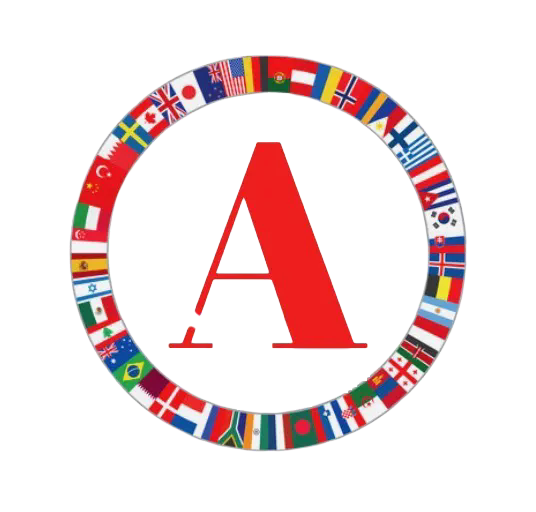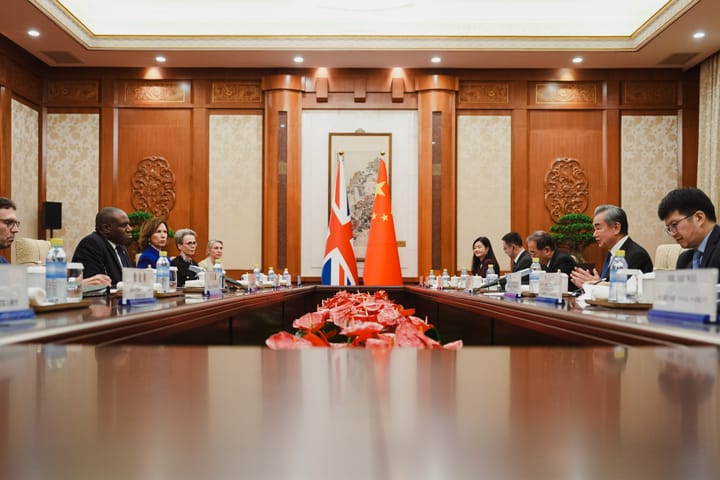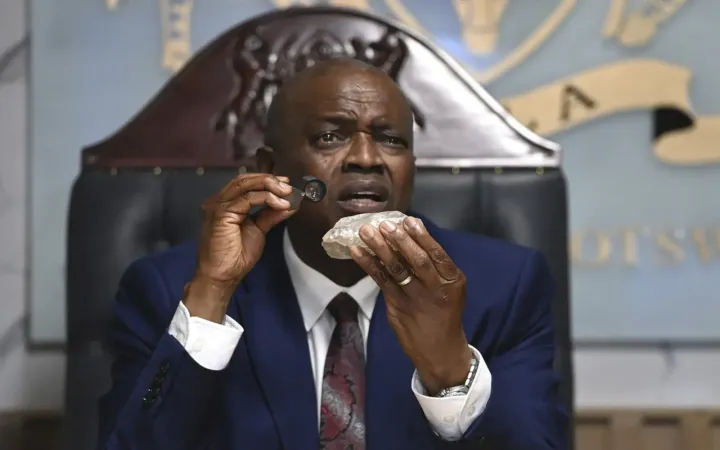The Fight Against Europe's Last Dictator

For over three decades, Belarusian President Alexander Lukashenko has maintained an unrelenting grip on power. His latest election victory — an 86.8% landslide on Jan. 27 — only continues that pattern. Often called “Europe’s last dictator,” Lukashenko faced accusations of election fraud in 2020 when he won similarly, by a large margin. Like in 2020, the European Union has again deemed Belarus’ latest election a sham and threatened further action in the form of sanctions.
The EU and United States have already imposed sanctions on Belarus, some in response to its role in the Russian-Ukrainian war. While holding a geographically significant position wedged between Russia and Ukraine, Belarus allowed Russian troops to travel through its territory to invade Ukraine. Furthermore, Belarus allowed injured Russian soldiers to shelter in its hospitals. These EU and U.S. sanctions include the prohibition of arms exports to Belarus, the freezing of financial assets and the restriction of trade. According to the New Eastern Europe, these sanctions have had a significant effect on Belarus’ economy, triggering a decline in economic output and throwing supply chains into disarray. According to the U.S. Treasury, these sanctions have also hurt Russia’s economy. The agency reported that in 2023, Russia’s economy was more than 5% smaller than projected before the war. However, it remains unclear what further sanctions the U.S. and EU may impose on Belarus, as neither has specified further measures.
Despite strong economic pressure from the U.S. and EU, Lukashenko remains firmly in power. The United States has voiced support for democracy activists in Belarus, releasing a press statement in December 2024 listing how the U.S. has aided Belarus. This list includes providing over $140 million in total U.S. aid and welcoming 118 Belarusians into the country via educational and professional exchange programs.
The U.S. embassy in Belarus has joined the EU in denouncing the election, stating that “the 2025 presidential election in Belarus cannot be free or fair in the country’s current repressive environment.” Shortly after issuing the statement, three senior State Department officials of the U.S. met with Lukashenko to discuss the release of political prisoners — a shift away from the U.S’s previously aggressive stance and sanctions and toward engagement-focused diplomacy. Christopher W. Smith, U.S. Deputy Assistant Secretary for Eastern Europe , has said the U.S. hopes to negotiate a “grand bargain” deal with Belarus — offering to ease sanctions on banks and potash, a key ingredient in fertilizers, exports in exchange for the release of political prisoners. It seems the fate of political prisoners in Belarus is high priority for the U.S., with Secretary of State Marco Rubio recently calling for “the release of nearly 1300 political prisoners who remain in jail across Belarus.” However, such a deal raises concerns that it could be seen as legitimizing Lukashenko’s regime.
As the U.S. weighs its options, it must consider if this pivot to diplomacy should continue. For some, particularly those concerned about political prisoners in Belarus, this diplomatic shift is necessary. An escalation of sanctions could worsen tensions and complicate efforts to release political prisoners, of whom Belarus held an estimated 1,203 as of March 2025. Tatyana Khomich, sister of prominent Belarusian political prisoner Maria Kolesnikova, said a diplomatic shift is welcome as “the past pressure strategy has failed to release political prisoners, halt repression, or change the regime’s behavior.” Others, like Franak Viacorka, chief of staff to exiled opposition leader Svyatlana Tsikhanouskaya, argue that diplomacy is a mistake and sanctions should remain until Lukashenko ends the country’s repressive environment and releases all political prisoners. To maintain consistency with their past behavior, the U.S. would need to prioritize action opposing authoritarianism in Belarus.
The U.S. has faced similar dilemmas with Venezuela and Myanmar, where sanctions have failed to force political change. It has continued its hardline approach toward both, imposing new sanctions on Myanmar in 2024 and recently threatening Venezuela with further sanctions if they fail to accept repatriated citizens.
As the supposed last dictatorship in Europe, tackling the Belarus question is a symbolic issue. As a country that stands on the world stage as a supposedly-shining example of democracy, the U.S. has an obligation to condemn authoritarianism in Belarus. However, the need to consider the fate of political prisoners in Belarus further complicates foreign policy. Washington’s decision will set a precedent. Amid the struggle between setting an idealistic example and achieving practical results, the U.S. must carefully balance two opposing yet critical goals. On behalf of democracy, the U.S. must do what it can to maximize the dignified treatment and release of political prisoners in Belarus while still not compromising on the ideals that the country was founded upon.



